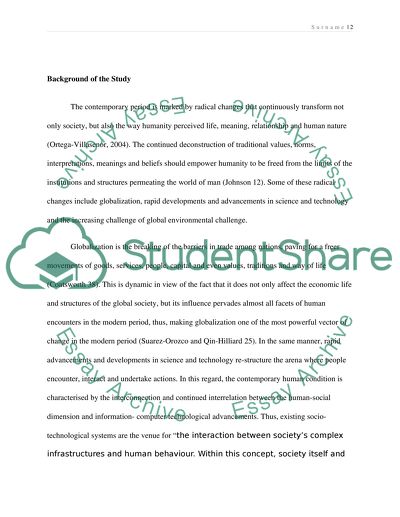Cite this document
(“Theology of Redemption and the Christian Liberty Thesis Proposal”, n.d.)
Retrieved de https://studentshare.org/religion-and-theology/1391434-theology-of-redemption-and-the-christian-liberty
Retrieved de https://studentshare.org/religion-and-theology/1391434-theology-of-redemption-and-the-christian-liberty
(Theology of Redemption and the Christian Liberty Thesis Proposal)
https://studentshare.org/religion-and-theology/1391434-theology-of-redemption-and-the-christian-liberty.
https://studentshare.org/religion-and-theology/1391434-theology-of-redemption-and-the-christian-liberty.
“Theology of Redemption and the Christian Liberty Thesis Proposal”, n.d. https://studentshare.org/religion-and-theology/1391434-theology-of-redemption-and-the-christian-liberty.


